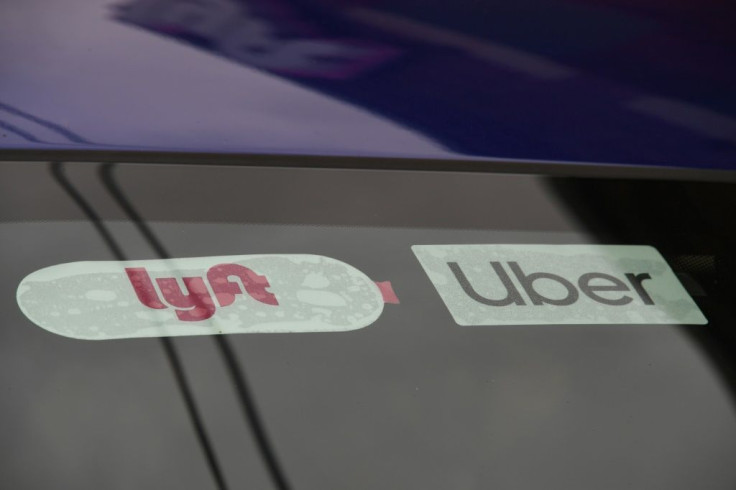Lyft May Expand Into Delivery Business To Offset Losses From COVID-19
KEY POINTS
- Until now, Lyft has been reliant on cab business in U.S., Canada for revenues
- Lyft lost 50% of its business in the latest quarter as compared to a year ago
- Uber lost $1.1 billion in cab business but UberEats revenue nearly doubled
Cab company Lyft will soon venture into the delivery space to rake in additional revenue as the COVID-19 pandemic nearly halved its business.
In a call with investors, president John Zimmer said Lyft is making efforts to deliver essential goods during the pandemic, working directly with retailers.
“They told us that current delivery models, with their expensive commissions, are not working for them. They have emphasized that the overall incentives are not aligned between the delivery platform and individual retailers,” Zimmer said Tuesday.
Lyft will only offer logistics, rather than a marketplace for the retailers. Zimmer said such an expansion creates a “differentiated whitespace opportunity” to promote local businesses and serve their customers.
Lyft was reliant completely on its cab business in the U.S. and Canada for revenue, which was impacted severely during the pandemic. Its main rival, Uber, is making up for losses in its transportation business through massive profits in its food delivery venture, UberEats.
On Nov. 5, Uber reported that revenue in its mobility unit was down 53 percent from the same quarter last year, while money taken in from Uber Eats more than doubled. The company lost $1.1 billion in its cab business in the recently ended quarter.
Lyft’s revenue stood at $499.7 million in Q3, which was stronger than the preceding quarter but a steep 50% fall from the same quarter last year. Losses touched $460 million.
As the company set a positive outlook for the coming quarter, its shares rose by 4% in after-hours trading on Tuesday. This comes a week after the company’s stock gained almost 20% after the markets surged on the news of a possible coronavirus vaccine.
Both Uber and Lyft were also recently dealt with a blow when a California court upheld a ruling that the cab-hailing companies must reclassify drivers as employees, as opposed to contract workers. After the ruling, the companies would have to provide workers benefits like minimum wage, paid sick leave, overtime and unemployment insurance.

© Copyright IBTimes 2025. All rights reserved.





















